Footprints of Partition: ‘History has been linear’
Author Anam Zakaria says good and bad narratives can coexist
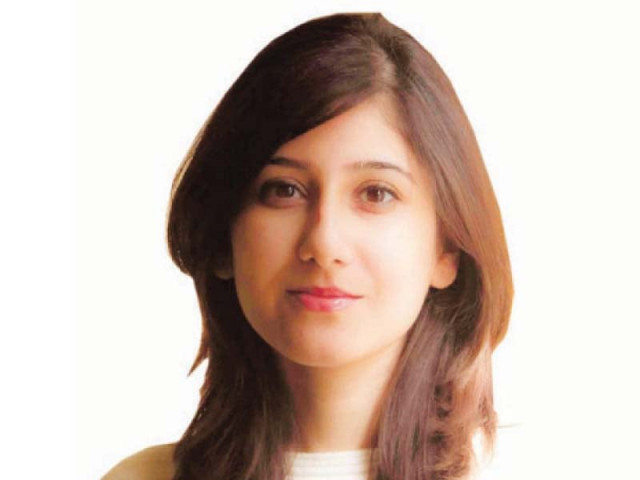
Author Anam Zakaria
She said that when you forget, deny or distort your past, you create a vacuum. People-to-people contact is a great way to minimise the void, she added.
The event started with a personal narrative of partition by ASG President Parveen Malik. She described how she and her brother found their ancestral home in Hyderabad, India and brought two tiles back home.
At the event, Zakaria was in conversation about the book with Fizza Hasan one of the founding members of Islamabad-based theatre group ‘Theatre Wallay.’
In her first book, Zakaria, a schoolteacher who has also worked for the Citizens Archive, showcases narratives of four generations about the partition of India and formation of Pakistan.
Speaking about the method of collecting narratives and its validity, she said there is a lot of criticism of oral histories and the methodology has its limitations. She said she wondered about validity and reliability of the research, since narratives by survivors of partition had obvious influences of personal, financial and educational backgrounds. She candidly said that out of a couple of hundred interviews, she picked the stories that touched her most.
“Memory is never pure,” the writer said. Facts that are recorded are mediated, and for the reason, history can never be unbiased, she added.
Zakaria said we choose to tell certain stories, and it happens at both sides of the border. Recalling the broadcast of Kashmir bulletins after the 9:00pm news, she said it was reiterated that India was big bad enemy and Hindus were mischievous and treacherous and can never be friends. Speaking about the role of state, she said the state has a very important role in the process. “History has been linear,” she mentioned.
She said state narratives on both sides talk so much about bloodshed and violence, which is obviously filtered. “There are layers and layers of narratives,” she added. To this, Hasan added that history always remembers the bloodshed and never the happier times.
While speaking about the writing experience, she said it happened in bits and pieces and at random places. When the stories are so overwhelming, a part of you goes in and at times it becomes difficult to write, she shared. It is an isolating experience, she added.
She also read out excerpts from her book and shared interesting anecdotes from her research.
Zakaria shared her experience of going to Kasur border, which she said was very much different from that in Wagah. She said a person from this side of border was reunited with his Sikh family on the other side at a fair there.
She explained that the family had adopted him, but sent him to Pakistan during partition, fearing the consequences. Borders were meant to divide but at borders people also came together, she emphasised. “There was a constant process of learning and unlearning,” the author said.
She highlighted the fact that only three per cent of Pakistanis had witnessed partition. Their stories need to be recorded as their numbers are now dwindling, she said.
Published in The Express Tribune, November 19th, 2015.

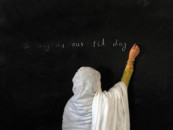


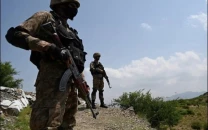
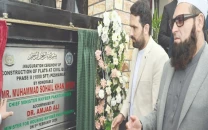
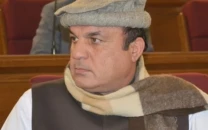












COMMENTS
Comments are moderated and generally will be posted if they are on-topic and not abusive.
For more information, please see our Comments FAQ